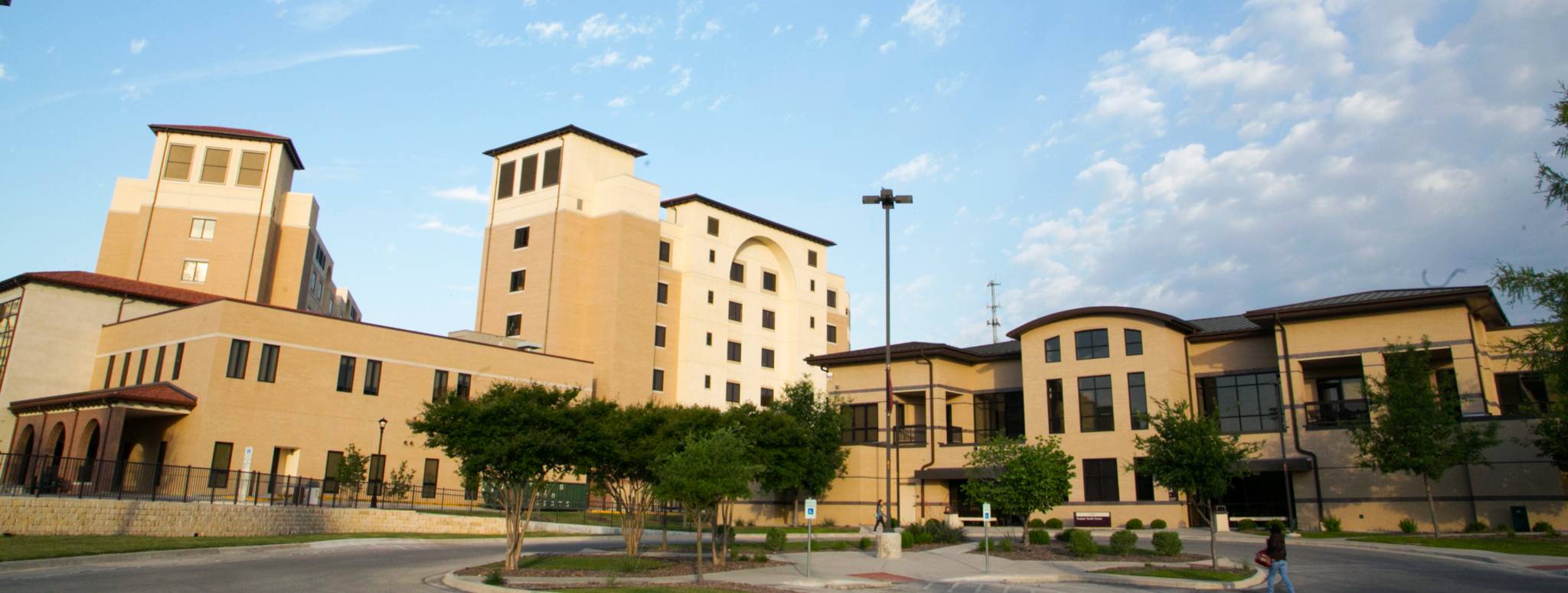-
What is tuberculosis (TB)?
Tuberculosis (TB) is a disease caused by bacteria called Mycobacterium tuberculosis. TB is spread through the air from one person to another. The bacteria are put into the air when a person with TB disease of the lungs or throat coughs, sneezes, speaks or sings. People nearby may breathe in these bacteria and become infected.
However, not everyone infected with TB bacteria becomes sick. People who are infected, but not sick, have what is called “latent TB infection.” People who have latent TB infection do not feel sick, do not have any symptoms and cannot spread TB to others. But some people with latent TB infection can progress to active TB disease.
People with TB disease can be treated if they seek medical help. The disease is curable with appropriate treatment.
Visit the Centers for Disease Control website for information about TB.
-
What is Texas State doing in response to the case of TB on campus?
Texas State officials are working closely with the Hays County Health Department. We are following infectious disease protocols to identify any campus community member who may be at risk for TB infection. While we cannot reveal the identity of the person who has tested positive for active TB disease due to health and education privacy laws, we are providing information to the Health Department so that they can contact any campus community members who should be screened for TB infection. All individuals who currently require further evaluation will be notified by the Hays County Health Department.
Once contacts have been screened, those requiring TB tests (TB skin test or blood test) will be able to get those tests done through either the local health department or the Student Health Center.
-
Can a person have TB without feeling sick?
Not everyone infected with TB bacteria becomes sick. There are two TB-related conditions that exist: latent TB infection and active TB disease.
People with latent TB infection cannot spread TB bacteria to others, have no symptoms and do not feel sick. They will usually have a positive TB skin test reaction or positive TB blood test and may develop TB disease if they do not receive treatment for latent TB infection.
When TB bacteria are active, this is called active TB Disease. People with active TB Disease may spread TB bacteria to others, usually feel sick, and need medication to treat the disease.
-
I think I was exposed to tuberculosis. What do I do?
It is important to remember the risk to the general campus population is low. Anyone who is believed to need testing at this time will be contacted directly. If, however, you would like to independently be tested for TB, you should contact your medical provider, your local health department, or University Health Services.
If you have symptoms, contact your health care provider (or the Student Health Center) to schedule an appointment for evaluation. It is important to call first to tell them you are concerned about TB, so that they can take steps to protect other patients from infection.
If you believe you may have been exposed to tuberculosis, call Hays County Health Department at 512.393.5520, extension 1 for the TB Program.
-
If I need to be screened or tested, how will I be notified?
Public health officials (local and state health department staff) will determine which persons are considered close contacts, and which require testing.
The Hays County Health Department will contact individuals via Bobcat email initially. They may also use phone numbers or the U.S. postal service. Notification of exposure will include instructions and additional information.
-
Do exposed persons need to quarantine?
Because latent TB infection (without symptoms) is not transmitted to other persons, there are no isolation requirements for latent TB infection.
Exposed persons may continue to attend classes and follow their regular work schedule unless they become symptomatic.
If you believe you may have been exposed to tuberculosis, call Hays County Health Department at 512.393.5520, extension 1 for the TB Program.
